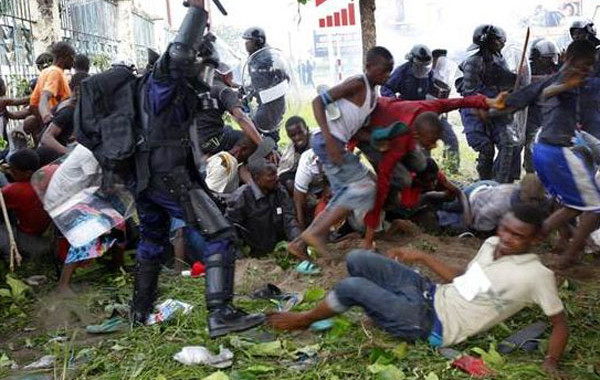Democratic Republic of the Congo

In 1996, an influx of armed men and civilian refugees fleeing the Rwandan genocide flooded into eastern DRC, setting off a conflict that would span over two decades and claim millions of civilian lives. Government and healthcare infrastructure in the region has been decimated, creating some of the worst health and development indicators in the world. The United Nations Development Programme (UNDP) ranked DRC 168th out of 169 countries in the 2010 Human Development Report. Although the second Congo war officially ended in 2002, more than 20 armed groups still operate in eastern DRC today. A defining feature of the ongoing violence has been the rape of women in highly public and brutal ways. At least 200,000 cases of sexual violence have been reported since the conflict started, according to the United Nations; this is thought to be a significantly low estimate because of under reporting. In 2009, more than 15,000 cases of sexual violence were officially reported. In 2010 there were no signs that the trend was decreasing.









































